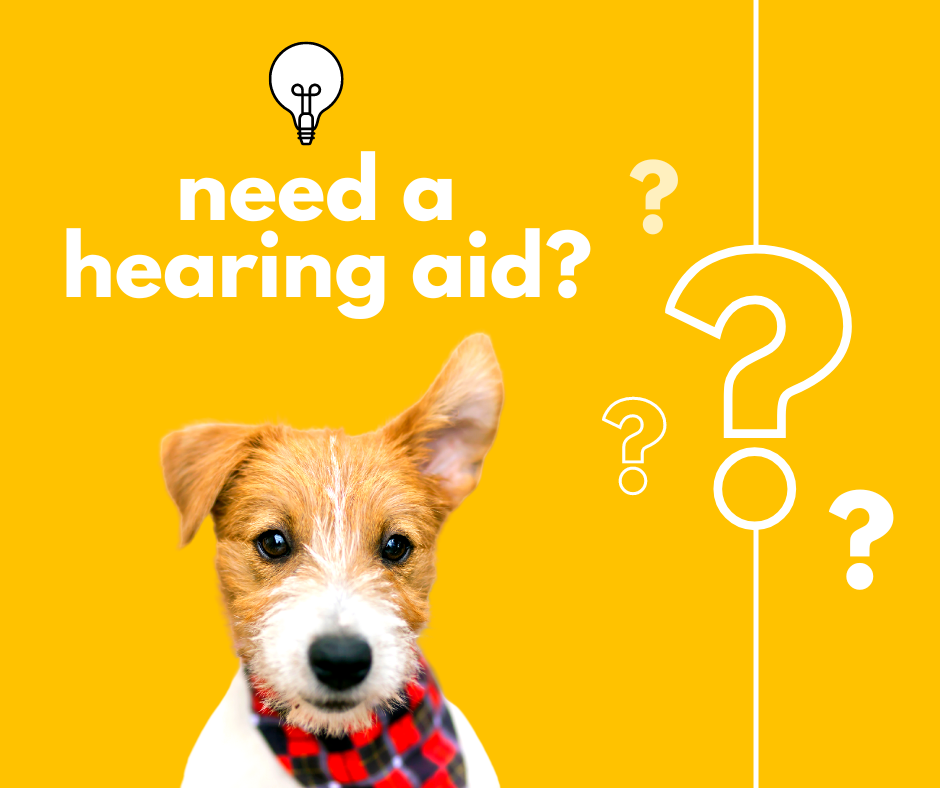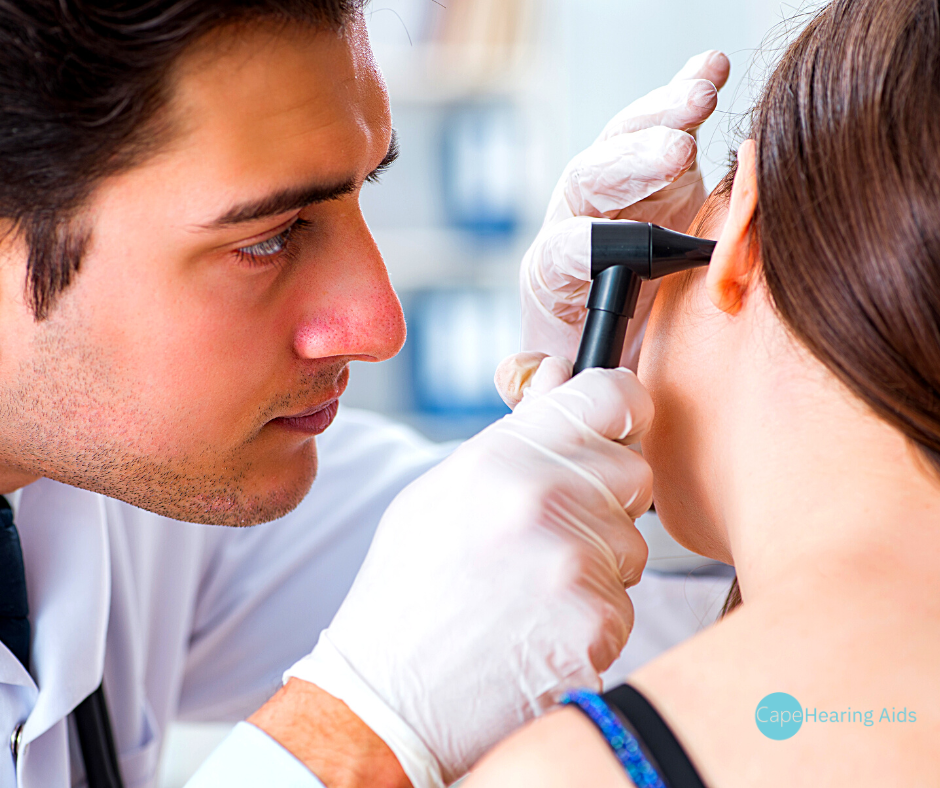

Ever Wonder
Do I need a hearing aid?
If you are experiencing difficulty hearing or understanding conversations, it may be time to consider a hearing aid. These devices can greatly improve your ability to hear and communicate with others and can be customized to fit your specific needs and lifestyle.
Some common signs that you may need a hearing aid include:
- Difficulty hearing people talking, especially in noisy environments
- Frequently asking people to repeat themselves
- Having to turn up the volume on your TV or radio
- Having trouble hearing over the phone
- Feeling fatigued or stressed after social situations
If you are experiencing any of these symptoms, it is important to have your hearing tested by an audiologist. They will be able to determine the severity of your hearing loss and recommend the best type of hearing aid for you.
Hearing aids come in a variety of styles, including behind-the-ear, in-the-ear, and in-the-canal. Each style has its own unique features and benefits, and your audiologist will help you choose the one that is best for you.
In addition to helping with hearing loss, hearing aids can also improve your overall quality of life. They can help you stay engaged in conversations and activities, and can reduce the risk of falls, depression, and cognitive decline.
If you are experiencing hearing loss, don’t wait to seek help. With the help of a hearing aid, you can regain your ability to hear and communicate with the world around you.

Choosing the right hearing aid?
Where do I start?
Hearing aids come in a variety of styles and types to suit the needs of different individuals. The main types of hearing aids include:
- Behind-the-ear (BTE) hearing aids: These hearing aids sit behind the ear and have a small plastic tube that runs into the ear canal. BTE hearing aids are suitable for individuals with moderate to severe hearing.
- In-the-ear (ITE) hearing aids: These hearing aids sit inside the ear and are custom-made to fit the individual’s ear canal. ITE hearing aids are suitable for individuals with mild to moderate hearing loss.
- In-the-canal (ITC) hearing aids: These hearing aids sit inside the ear canal and are custom-made to fit the individual’s ear canal. ITC hearing aids are suitable for individuals with mild to moderate hearing loss.
- Completely-in-the-canal (CIC) hearing aids: These hearing aids sit deep inside the ear canal and are custom-made to fit the individual’s ear canal. CIC hearing aids are suitable for individuals with mild to moderate hearing.
- Receiver-in-canal (RIC) hearing aids: These hearing aids are similar to BTE hearing aids, but the speaker is located in the ear canal, connected to the main unit behind the ear via a thin wire. RIC hearing aids are suitable for individuals with mild to severe hearing loss.
- Cochlear Implants: Cochlear implants are a type of hearing aid that are surgically implanted into the ear. They are designed to provide sound to individuals with severe to profound hearing loss. Cochlear implants are typically recommended for individuals who do not benefit from traditional hearing aids.
It is important to note that the type of hearing aid that is best for you will depend on your specific needs, such as the degree of hearing loss, lifestyle, and budget. A hearing healthcare professional can help determine the best type of hearing aid for you.

Why should I see a qualified Audiologist?
Audiologists
If you’re experiencing hearing loss or difficulty with your hearing, it’s important to seek the help of a qualified audiologist. Here are just a few reasons why:
- Accurate diagnosis: Our qualified audiologists have the expertise and knowledge to accurately diagnose hearing loss and determine the best course of treatment. They will conduct a thorough hearing evaluation and use specialized equipment to evaluate your hearing.
- Tailored treatment: Our qualified audiologists will work with you to develop a personalized treatment plan based on your unique needs and lifestyle. They will take into consideration your hearing loss, your budget, your lifestyle, and other factors to recommend the best hearing aids or other devices to meet your needs.
- Professional fitting: Our qualified audiologists will properly fit your hearing aids or other devices to ensure they are comfortable and working correctly. They will also provide you with instructions on how to use and care for your devices, as well as how to adjust them as your needs change.
- Ongoing support: Our qualified audiologists provide ongoing support and follow-up to ensure your hearing devices are working well and that you are satisfied with their performance. They will also make adjustments as needed and answer any questions you may have.
- Advanced technology: Our qualified audiologists have access to the latest in hearing aid technology, including digital and programmable hearing aids, cochlear implants, and other advanced devices.
- Experience and expertise: Our qualified audiologists have the experience and expertise to help you with all aspects of your hearing, including hearing loss, tinnitus, and other hearing-related issues.
In short, seeing a qualified audiologist is an important step in addressing your hearing issues and ensuring you have the best possible outcome. We will provide you with an accurate diagnosis, tailored treatment, professional fitting, ongoing support, access to advanced technology, and experience and expertise. Don’t wait any longer, schedule an appointment with a qualified audiologist today!
